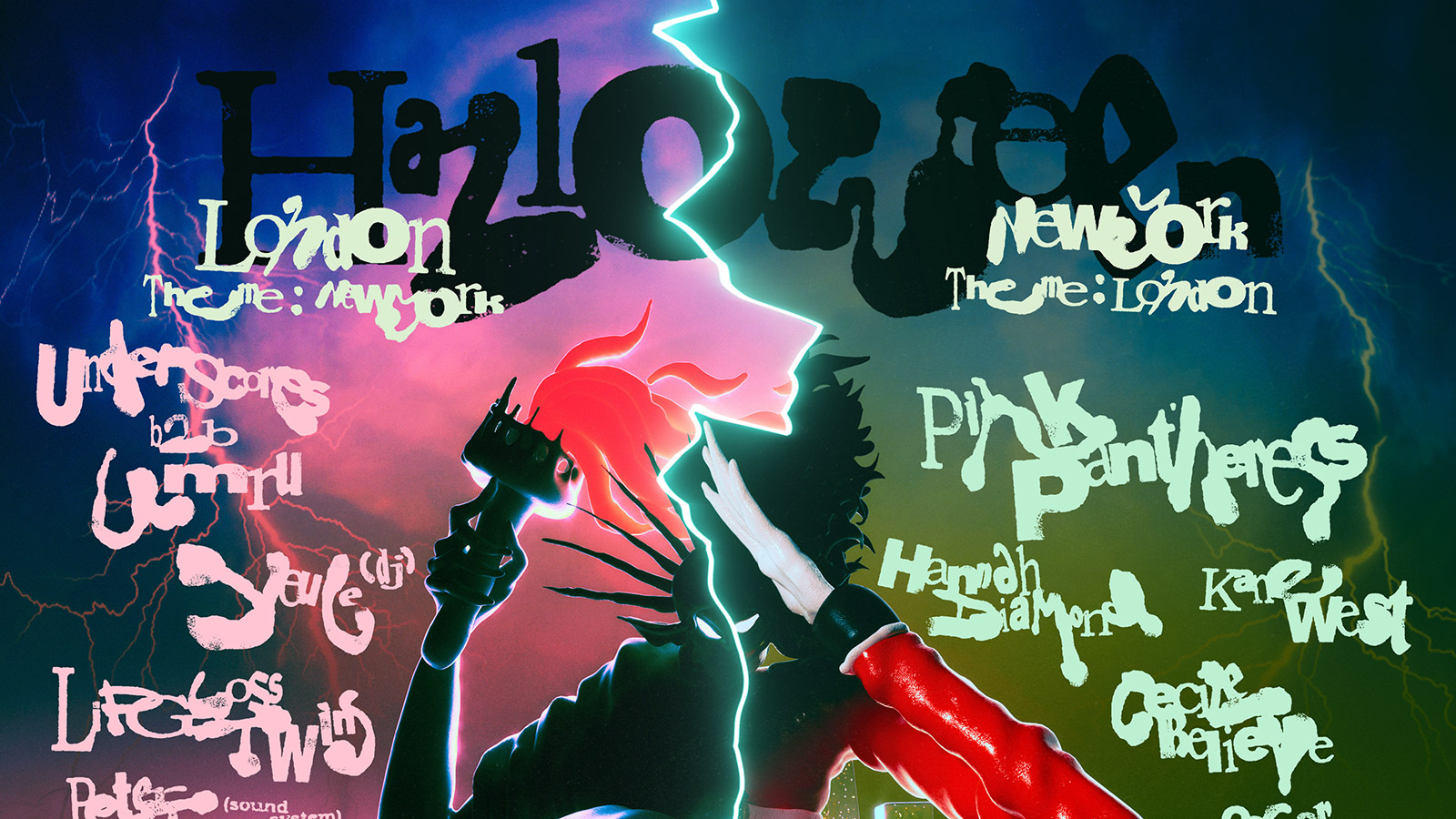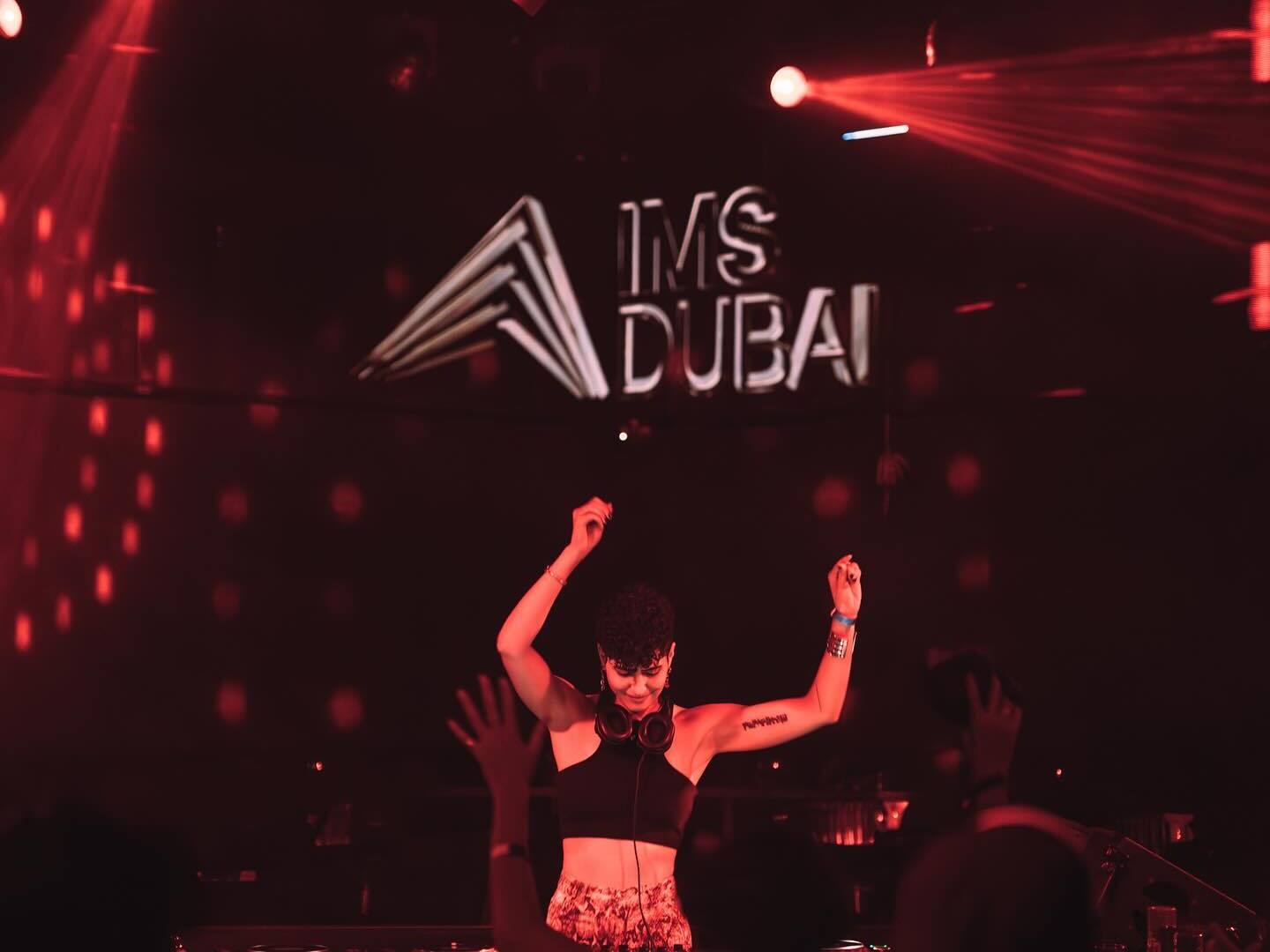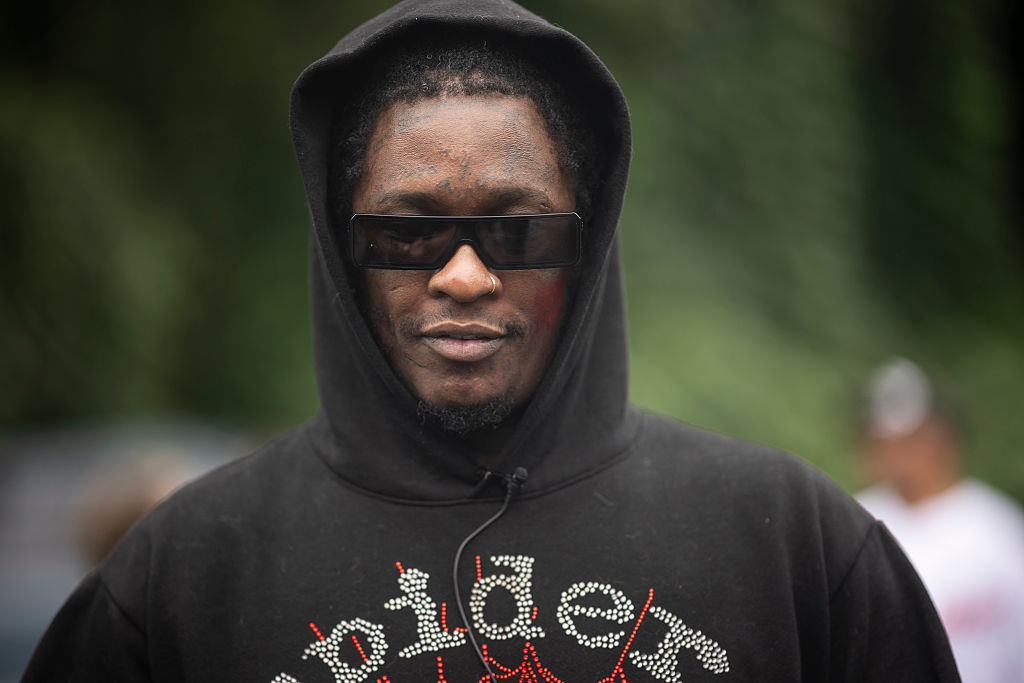As he looks ahead to a summer packed with festival slots, basking in the glow of a brand-new album, Peter Cunnah recalls only too well the trials it took to get to this point.
Before shooting to fame with D:Ream, the dance-pop act behind 1990s hits “U R The Best Thing” and “Things Can Only Get Better”, making music could feel like a thankless business, filled with false starts and lonely bedsit dinners. It was a time of big ambitions carried along by slender hopes, but throughout it all Cunnah never lost faith.
First, there was the uphill struggle of being a musician in Northern Ireland at the height of the Troubles. For Tie the Boy, the group he formed with friends in Derry, even playing live was a nightmare. “We were running around in a cultural desert. There were twenty, thirty bands I knew of all trying to make gigs happen,” he reflects, speaking from his home in Donegal. “For God's sake, my first gig with Tie the Boy was in a place called the Castle Bar, and two weeks before we were due to play, they blew it up.
"Other times we'd play the wrong club. We were Catholics and we'd play a Protestant place without knowing, and at the end of the night we’d get asked to play the British national anthem. And we'd go, ‘We're just the band, we don't want to get shot!’”
Although briefly signed to U2's label, things didn't work out for Tie the Boy. Following a fruitless stint in London, most of the band headed back to Northern Ireland but Cunnah decided to stick it out alone. “I was miserable, sofa-surfing for the best part of two years," he remembers. “My friends used to call me the Hungry Boxer because I'd leave the pub after two beers and go home and record until midnight, then get up for work. I lived on peanut butter sandwiches so I could save up for equipment to make the sounds I wanted to hear.”
Even on a shoestring, London was filled with new horizons, a sense of possibility keeping him motivated as he plodded through underwhelming temp jobs. Growing up during the Troubles had perhaps primed him for a feeling of impermanence, a sensation that the rug might be pulled out from under him at any moment, but he knuckled down and taught himself the basics of home recording, all while becoming a regular at the clubs.
After he met Al Mackenzie, a resident DJ at The Brain Club in Soho, he knew he'd stumbled on something special, the pair bonding over a shared love of Italo disco and Balearic beats. They soon formed D:Ream, with Brian Cox on keys completing the line-up. First single “U R The Best Thing” was released in 1992 and fast became a club hit, before endorsement from Pete Tong brought it to a wider audience.
Although Cunnah first envisioned D:Ream as a dance act, their catchy hooks and furiously energetic sets soon attracted a pop following too. As vocalist, Cunnah was its most visible member, a bright-eyed poster boy in tartan trousers, tailor-made for the cover of Smash Hits. This crossover appeal was key to the band's success, but also something they felt conflicted about, prompting McKenzie to leave the group between 1994 and 2008.

As their profile grew, so did their obligations; with daily schedules that appeared to defy the space-time continuum. One minute D:Ream were being invited onto Top of the Pops, the next they were joining Take That at the peak of their powers on a nationwide tour. Life moved a lot faster than it had in the peanut butter days: “Nothing could prepare me for it. You go from being on the dole and looking for people's attention, then all of a sudden, it's an avalanche.”
By this point Cunnah was in his mid-twenties, with more life experience than the average pop ingénue. He scrutinised contracts and was circumspect about the promises being meted out by industry executives. “I was manipulated, but not to the extent some of my contemporaries were. I was aware of what publishing was, I was aware of what production was. I knew my place and how to stand up for myself with regards to deals and all that sort of stuff,” he explains. “But some of these people are magicians. They get yes’s out of people for a living.”
Labels also kept their acts on an extremely short leash. Cunnah saw firsthand how the pop star reality differed from the carefree, party atmosphere projected from the outside. Arriving straight from the joyful liberation of the dancefloor, he found the pop industry to be defensive, tight-lipped and closed-off, something hammered home by experiences such as the Take That tour.
“It's funny backstage, there are all these egos flying around. It could be petty jealousy, but pop stars find it difficult to go and say hi to each other. I was quite brazen because I was older, I'd happily go up to people like Damon from Blur and tell him I liked the new album.
“For the most part I never saw anything too insightful. Sometimes Robbie might come into the dressing room and hang out with us and steal a cigarette. But pop groups are in bubbles, you know? And they're all having smoke blown up their nether regions. They kind of bounce off each other rather than merge.”
Despite being more worldly than some of their peers, D:Ream weren't immune to industry manipulation, which came to a head with their best-known song “Things Can Only Get Better”. Written by Cunnah after a bad day in the office, it was released twice in 1993 and landed four weeks at number one. But it really took off after Labour adopted it for their 1997 electoral campaign. The song became synonymous with scenes of a jubilant Tony Blair entering 10 Downing Street, a legacy Cunnah has wrestled with since.
“In 1996 Jazz Summers, who ran Big Life Records, came to me and said, 'Labour are going to use the song, you need to get on board',” he reflects. “He was the man in charge of getting a yes out of everyone, and he got a yes out of me. At the time it seemed a good idea, but now I could write you a whole book on why music and politics don't mix.
“I actually believed in Blair, until he took us to war in Iraq. People were saying I had blood on my hands, but I was standing in front of the Daily Mirror with a placard saying, 'Not in my name'. I was so devastated by it.”
He quietly retreated from music in the late 1990s, writing occasional hits for acts like Steps and A1, but focused most of his efforts on his young family. Seeing his song co-opted had been a sobering reminder of the control wielded by those at the top. Now, however, with fifth album Do It Anyway, D:Ream are ready to wrangle with some of those themes – songs like “The Geek Who Rules The World” and “Anthem for Change” explore a grim fascination with the rich and powerful, whether svengalis, spin doctors or technocrats.
“I had all these crazy ideas about the power and censorship Zuckerberg exerted during lockdown, and that image of Elon Musk plucking a rocket out of the sky with chopsticks,” he expands. “Or when Gates turned up at No.10 and all of a sudden they're changing country policy. It's a broligarchy with so much money that they're impervious to governments, they've got this leverage that goes beyond avarice.”
Besides its critique of those pulling the strings, Do It Anyway is a party record, taking cues from multiple genres, but still jammed with the ascending choruses and bursts of soul that made their name. Though Cunnah cites the duo's need to innovate “for our own sanity”, the album also pays tribute to D:Ream's roots, its title track recreating the warmth and abandon of revellers crammed together at an old school warehouse party.
That rapport with their audience has, after all, been part of their ethos since day one. Cunnah can remember shadowing Mackenzie in the DJ booth, taking notes on the crowd's responses and observing which tracks sent energy levels soaring. “I always noticed the record played at the end of an evening: the one the DJ wants to drop last because it's got the human voice, the strings and the piano that makes people go home on a high,” he says. “That's the record we wanted to make.”
While they did exactly that with “Things Can Only Get Better”, for a while it felt like a poisoned chalice; the song's message of hope and perseverance tainted by its political associations. But nearly thirty years on, the song has regained its intended spirit of optimism, as well as absorbing new meanings along the way – this time determined by the listeners themselves.
“When you make a song and it becomes big, people take hold of it and you can't control it,” Cunnah reflects. “So in three decades it's gone from being a club come-together song, to a love song, to a protest song. I like that, because people will come and tell you they played it at their wedding. It's even become a 'Get well soon' song – people ask for it on hospital radio!”
His Nine Songs selections are above all a search for that connection; a nod to the community he found in the house scene in the 1990s, but also of his experiences as an adopted child growing up in a divided city. During our chat, Cunnah spoke at times of his frustration at the ways in which screens have replaced genuine interaction. Maybe that's why several of his choices include live performances, bottling some of the elusive magic that happens when fans come together to hear music in its purest, most immediate form.

 1 month ago
23
1 month ago
23


















 English (US) ·
English (US) ·